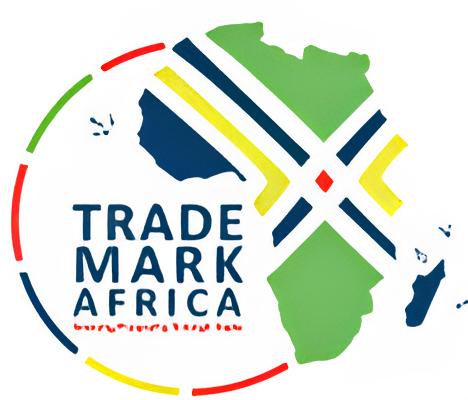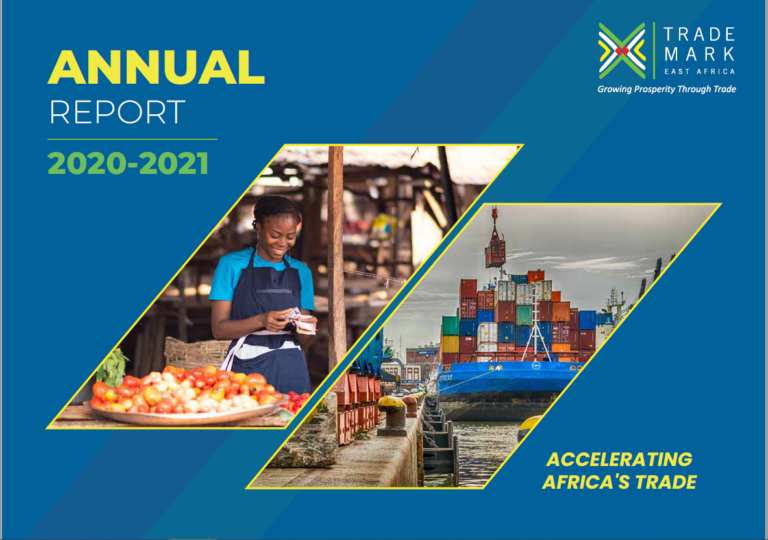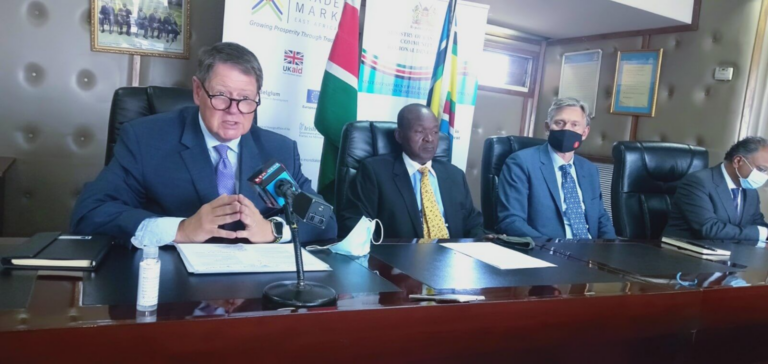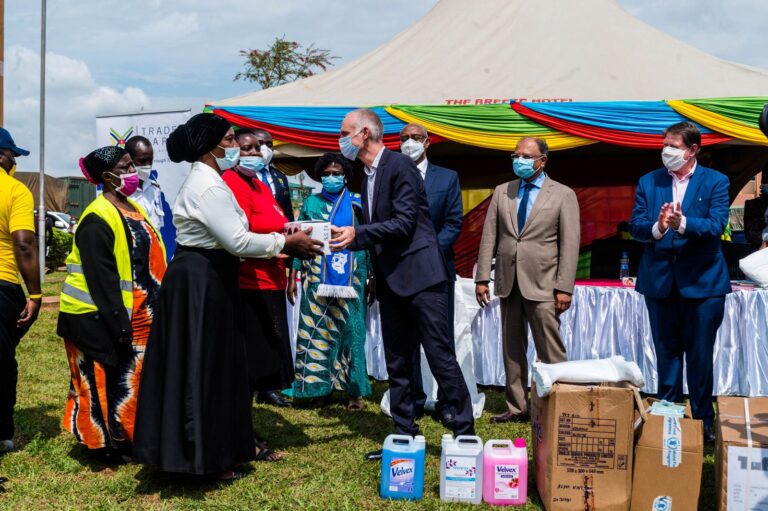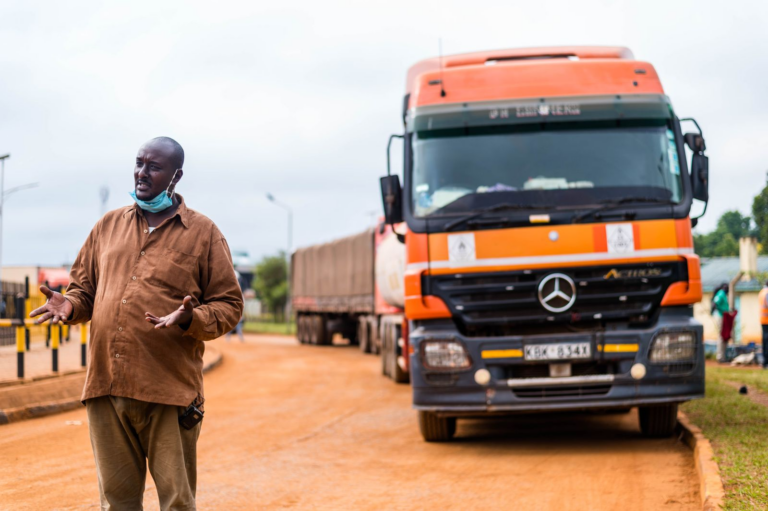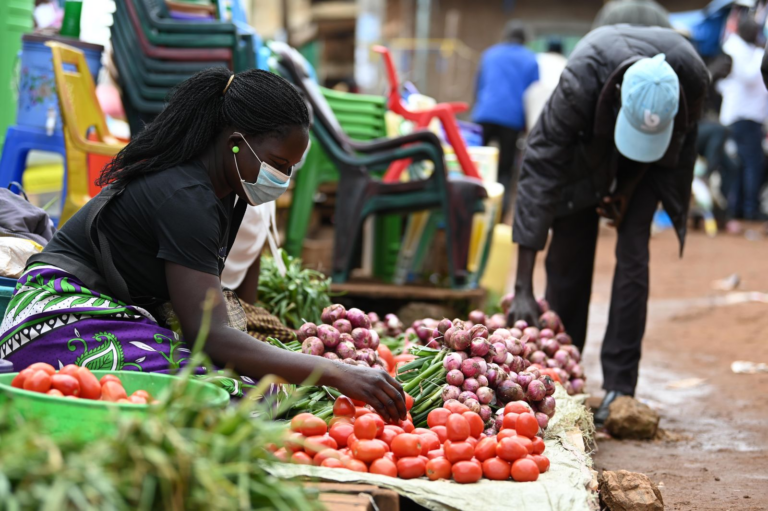News and Resources
Newsletter
Stay updated with TradeMark Africa's latest news, insights, and impactful initiatives by subscribing to our newsletter.
TradeMark Insights
Stay Connected: Discover how TradeMark Africa is driving economic growth, empowering communities, and fostering regional integration through transformative trade initiatives. Subscribe to our newsletter for the latest updates and insights.
April 13, 2022
HIGHLIGHTS OF WHAT WE’RE UP TO : ISSUE NO.10/APR...
January 13, 2022
ONE MARKET MAKING STRIDES TOWARDS FREE TRADE The African...
June 23, 2021
GREENING EAST AFRICA The Government of Denmark reiterated...
January 21, 2021
SAFE TRADE CONTINUITY & SAFETY DURING COVID-19...
November 16, 2020
MOBILE APP THAT KEEPS DRIVERS SAFE The East Africa...
September 4, 2020
SAFE BORDERS = SAFE TRADE TradeMark East Africa (TMEA)...
July 10, 2020
SUPPORTING SAFE TRADE IN KENYA TradeMark East Africa...

